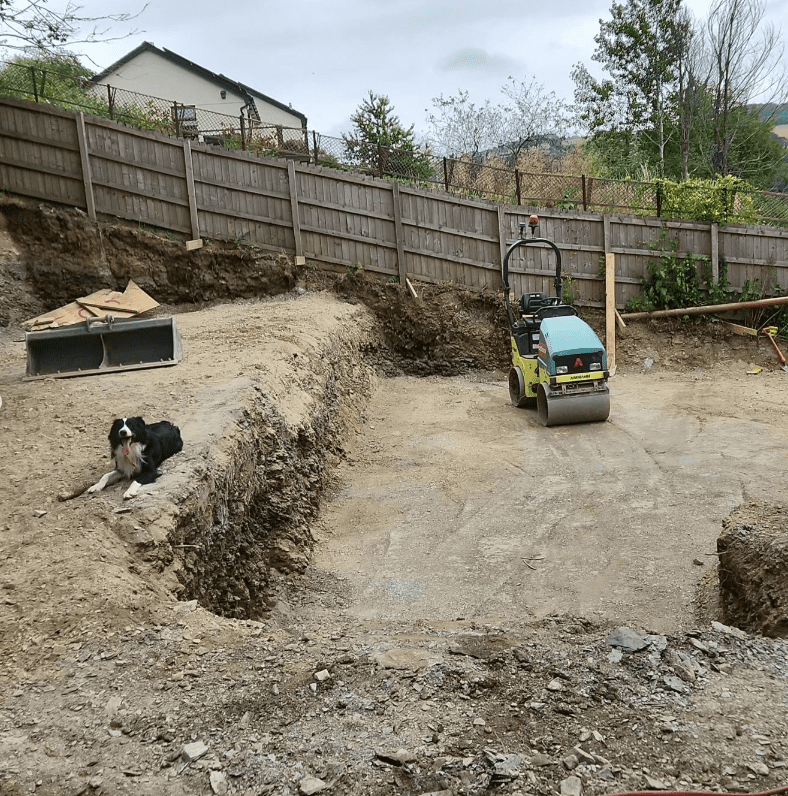Soil Removal and U1 Exemption
In the UK, removing soil from a construction site, especially if it’s being reused elsewhere, often requires adherence to specific environmental regulations to ensure that the process is conducted responsibly and sustainably. One key component of these regulations is the U1 exemption document, which relates to the use of waste materials, including soil, in construction projects.
What is a U1 Exemption Document?
A U1 exemption document allows for the reuse of waste materials, such as soil, on a construction project without the need for an environmental permit, provided certain conditions are met. This exemption is particularly relevant when soil excavated from a site is proposed to be used elsewhere within the same project, for purposes such as landscaping, creating bunds, or backfilling.
Filling Out and Processing a U1 Exemption Document
Identification of Waste: Clearly identify the soil to be removed as waste material. This involves assessing the soil to ensure it’s suitable for reuse and does not contain contaminants that could pose environmental or health risks.
Application: The U1 exemption application requires detailed information about the waste, including its quantity, the proposed use, and the site where it will be reused. The Environment Agency provides specific forms and guidance for this process.
Conditions: Compliance with the conditions of the U1 exemption is crucial. This includes limits on the quantity of soil that can be reused under this exemption and ensuring that the reuse does not harm the environment or human health.
Notification: Once the application is completed, it must be submitted to the Environment Agency. Although there is no fee for applying for a U1 exemption, the agency requires notification before the reuse of the material begins.
Record Keeping: Maintaining records is a key part of the U1 exemption process. This includes details of the waste assessment, the rationale for its reuse, and evidence of compliance with the exemption conditions.
Importance of Compliance
Compliance with the U1 exemption and the broader waste management framework is essential for several reasons. It ensures that the reuse of soil is carried out in an environmentally responsible manner, minimizes the risk of pollution, and supports the principles of sustainable construction. Additionally, failure to comply with these regulations can result in legal repercussions and financial penalties.
Where to Get More Help
For more detailed guidance and assistance with the U1 exemption process, the Environment Agency’s official website is an invaluable resource. It provides detailed guidance documents, application forms, and contact information for further support. Consulting with environmental consultants or waste management professionals can also provide tailored advice and assistance with navigating the regulatory landscape.


